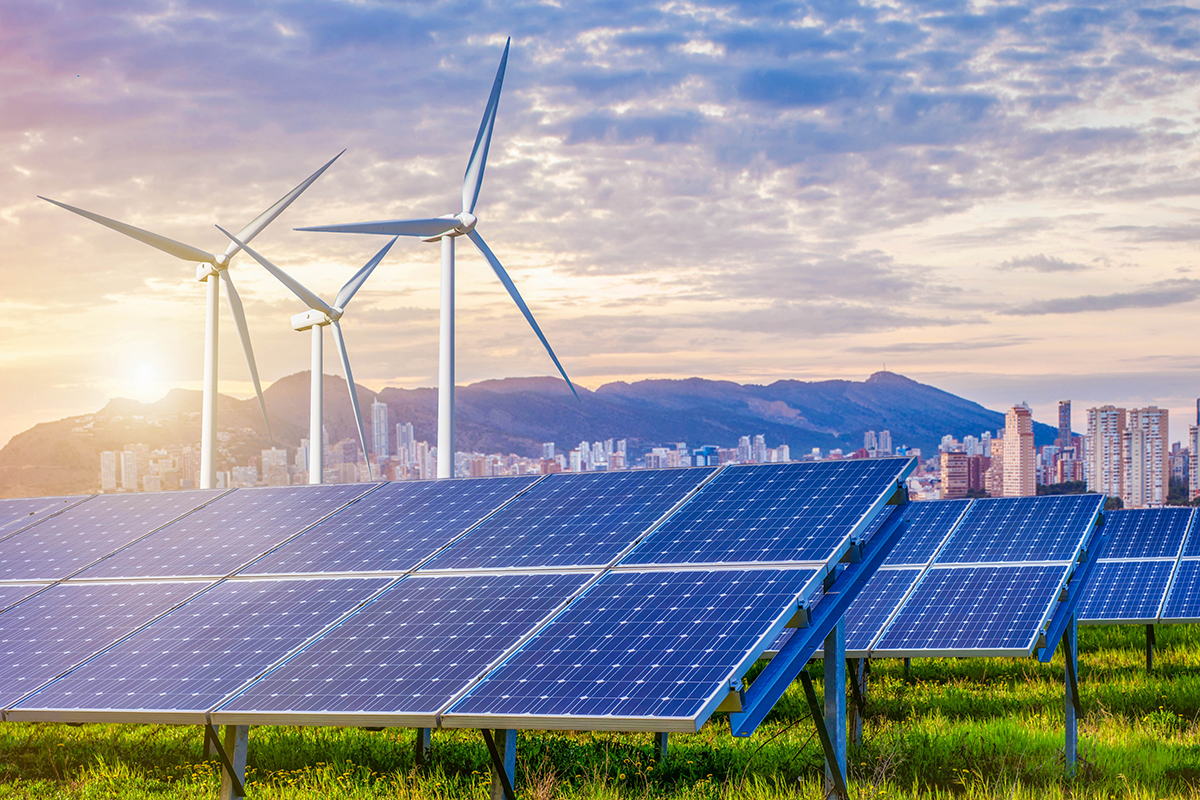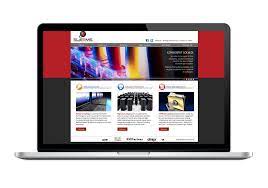
What Are Advantages of Solar Power
One of the most significant benefits of solar power is that it is a clean and renewable source of energy. It does not produce harmful emissions that contribute to climate change, making it an excellent alternative to fossil fuels. Unlike non-renewable sources such as coal, oil, and natural gas, solar power produces electricity without disturbing ecosystems or causing pollution.
Another benefit of solar power is that it can help reduce energy bills. By installing solar panels on your roof or property, you can generate your own electricity and reduce your reliance on the grid. This means you will have less expensive utility bills each month. Additionally, many governments offer incentives for homeowners who instal solar panels.
Finally, investing in solar power can increase the value of your property. As more people become aware of the benefits of renewable energy sources like solar power, homes with installed systems are becoming increasingly attractive to buyers. This means that if you choose to sell your home in the future, you may be able to command a higher price due to its eco-friendliness and reduced energy costs.
Cost Savings
Switching to solar power can result in significant cost savings for both residential and commercial properties. One of the most obvious advantages is the reduction in monthly electricity bills. Since solar panels generate energy from sunlight, they provide free and renewable energy that can significantly reduce or eliminate your reliance on grid power. Additionally, excess power generated by your solar panels can be sold back to the utility company, further offsetting costs.
Another advantage to install solar power is its low maintenance needs, which translates into lower costs over time. Unlike traditional fossil fuel-based energy sources that require frequent maintenance and replacement of parts, solar panel systems are designed to last for decades with minimal upkeep. This means less money spent on repairs and replacements, reducing long-term expenses associated with conventional energy sources.
Overall, investing in a solar panel system may require an initial investment but will ultimately lead to significant cost savings over time as you become self-sufficient when it comes to generating clean and renewable energy.
Environmentally Friendly
Solar power is one of the most environmentally friendly sources of energy available today. It relies on the sun’s rays to generate electricity, which means it does not produce any harmful emissions or pollutants that can harm the environment. This makes it an ideal choice for those who are looking to reduce their carbon footprint and be more eco-friendly.
Another advantage of solar power is that it is a renewable source of energy. Unlike fossil fuels such as coal and oil, which are finite resources that will eventually run out, solar power will never run out as long as the sun continues to shine. This means that investing in solar panels can provide a long-term solution for meeting our energy needs without having to worry about running out of fuel.
Finally, solar power can provide significant cost savings over time. While the initial investment in installing solar panels may be higher than traditional energy sources, over time, they quickly pay for themselves through reductions in electricity bills. In addition, many governments offer tax incentives and rebates for those who invest in renewable energy sources such as solar power, making it even more financially attractive for homeowners and businesses alike.
Low Maintenance
Low Maintenance is one of the advantages of solar power. Solar panels are designed to be durable and can last for up to 25 years with minimal maintenance required. They have no moving parts, which means there are no mechanical components that can fail or wear out over time. This reduces the need for regular repairs and servicing.
Another factor that contributes to low maintenance is the self-cleaning nature of solar panels. Rainwater usually washes away any debris or dust particles that might accumulate on the surface, ensuring that the panels remain clean and efficient all year round. Additionally, since solar systems do not require fuel or oil changes like traditional generators, you don’t have to worry about scheduling routine maintenance visits from a technician.
Overall, choosing solar power as your primary source of energy translates into fewer costs in terms of repairs and maintenance. With solar technology advancing every day, it’s safe to say that these advantages will only continue to expand in the future as more people adopt this clean energy alternative.
Versatile Uses
Solar power is a renewable energy source that can be used in various ways. One of the most common uses of solar energy is to produce electricity for homes and businesses. The use of solar panels can significantly reduce electricity bills, making it an excellent option for those looking to save money on energy costs. Solar panels can also be installed remotely, making them ideal for powering buildings in remote areas without access to the grid.
Another versatile use of solar power is in water heating systems. Solar water heaters work by absorbing sunlight and converting it into heat that can be used to warm up water. This technology has been around for decades and has proven effective in reducing energy consumption and carbon emissions from traditional hot water heaters.
Finally, solar power can also be used in outdoor lighting systems. Solar-powered lights are easy to install and require no wiring or electrical connections, making them ideal for illuminating driveways, pathways, gardens, or any other outdoor area where lighting is required at night. They are cost-effective because they draw power from the sun during the day and store it in batteries until needed at night when they automatically turn on using sensors.
Long-Term Investment
Long-term investment is crucial when it comes to deciding on solar power as an energy source. Solar power has numerous advantages, including cost savings and environmental benefits. One of the most significant advantages of investing in solar power is its longevity and durability – a typical solar panel can last up to 25-30 years. This means that once installed, solar panels require minimal maintenance and upkeep for decades. Over time, this translates into significant long-term savings on electricity bills.
In addition to cost savings, investing in solar power also offers substantial environmental benefits. Solar panels generate clean energy from the sun’s rays and do not emit any greenhouse gases or pollutants into the atmosphere. As a result, investing in solar power contributes to reducing carbon footprint and helps tackle climate change over the long term.
Overall, when considering a long-term investment strategy that takes both economic and environmental factors into account, it’s clear that investing in solar power provides an excellent money saving opportunity for individuals and businesses alike to save money while making a positive impact on our planet’s future.
Government Incentives
One of the biggest advantages of solar power is that it is renewable and sustainable. Unlike fossil fuels, which are finite resources that will eventually run out, solar energy is constantly replenished by the sun. This means that we can continue to use it for as long as the sun continues to shine, which is estimated to be another 5 billion years.
To help encourage people to switch to solar power, many governments around the world have introduced various incentives and subsidies. These can include tax credits, rebates, grants or other financial incentives designed to make installing and using solar panels more affordable for homeowners and businesses alike. In addition, some governments also offer loan programmes specifically aimed at helping people finance their solar panel installations.
Overall, government incentives play a crucial role in promoting the wider adoption of renewable energy sources like solar power. By making it more financially feasible for people to invest in these technologies, governments can help reduce our reliance on fossil fuels while also promoting a cleaner and healthier planet for future generations.
Conclusion: Maximising Solar Power Benefits
In conclusion, solar power is a highly cost-effective alternative to traditional sources of energy. Harnessing the power of the sun can significantly reduce electricity bills and save homeowners thousands of dollars in the long run. The technology used in solar panels has advanced over the years, making them more efficient and durable. This means that they can withstand harsh weather conditions and continue producing energy for up to 25 years.
Additionally, investing in solar power is also an excellent way to reduce your carbon footprint. Fossil fuels are major contributors to greenhouse gas emissions, which are responsible for climate change and other environmental issues. By choosing solar power, you are reducing your dependence on these harmful sources of energy while promoting cleaner air and water.
Finally, maximising solar power benefits requires ongoing maintenance and monitoring by a professional installer or technician. Regular inspections ensure that the system is functioning optimally, reducing any potential downtime or performance issues. With proper maintenance, you can enjoy all the advantages of solar power for many years to come.
Apart from this, if you are interested to know more about Advantages and Disadvantages of Solar Energy then visit our Business category




